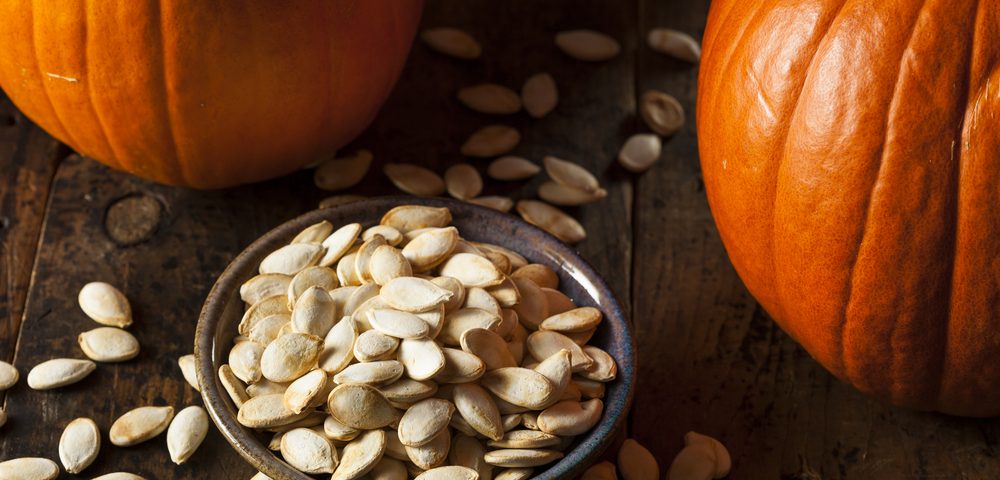Researchers conducted a review of existing evidence on the effectiveness of pumpkin seed extract Cucurbita pepo, a type of herbal medicine, in the management of lower urinary tract symptoms (LUTS) due to benign prostate hyperplasia (BPH). They found the product seems to improve symptoms and quality of life.
The review paper, “The role of Cucurbita pepo in the management of patients affected by lower urinary tract symptoms due to benign prostatic hyperplasia: A narrative review,” was published in Archives of Italian Urology and Andrology.
BPH, frequently leading to the development of LUTS, such as urinary retention and sexual dysfunction, is often treated with drug therapies that aim to reduce cell growth. But despite positive results with such drugs, patients often discontinue treatment because of the side effects that hinder their quality of life. Patient treatment acceptability is, however, key to reduce the human and economic burden of the disease.
Interest in drugs with plant origins has been increasing, as these therapies are associated with fewer side effects. Phytotherapy represents almost 50 percent of all medicines prescribed for BPH in Italy, where this review was conducted. Other advantages of phytotherapy include a low-rate of patient drop-out, low cost, fewer side effects, and a high level of acceptance by patients.
In this review, researchers focused on Cucurbita pepo, a well-known herbal medicinal product that, in the form of ethanolic pumpkin seed soft extract, has been used for decades in Europe, mainly for the treatment of symptoms associated with enlarged prostate glands and related overactive bladders.
Researchers conducted a search in several electronic databases for published studies that analyzed the role of Cucurbita pepo in the management of patients affected by LUTS due to BPH. After applying exclusion criteria, the researchers included in the review 10 pre-clinical studies and six studies in a clinical setting.
The pre-clinical studies, both in animal models and cell culture models, mostly showed the medicine had anti-inflammatory effects and inhibited prostate growth. The clinical studies indicated improvement in International Prostatic Symptoms Score (IPSS) and urinary parameters. And, in four of these studies, there was a reported improvement in quality of life.
Although these findings seem to indicate Cucurbita pepo is a useful product in the management of LUTS due to BPH, researchers emphasize some of the studies’ limitations, including the small number of patients.
“Large randomized studies are needed to confirm these interesting results and recommend the use of pumpkin seed in the management of patients affected by LUTS due to BPH,” the researchers concluded.

